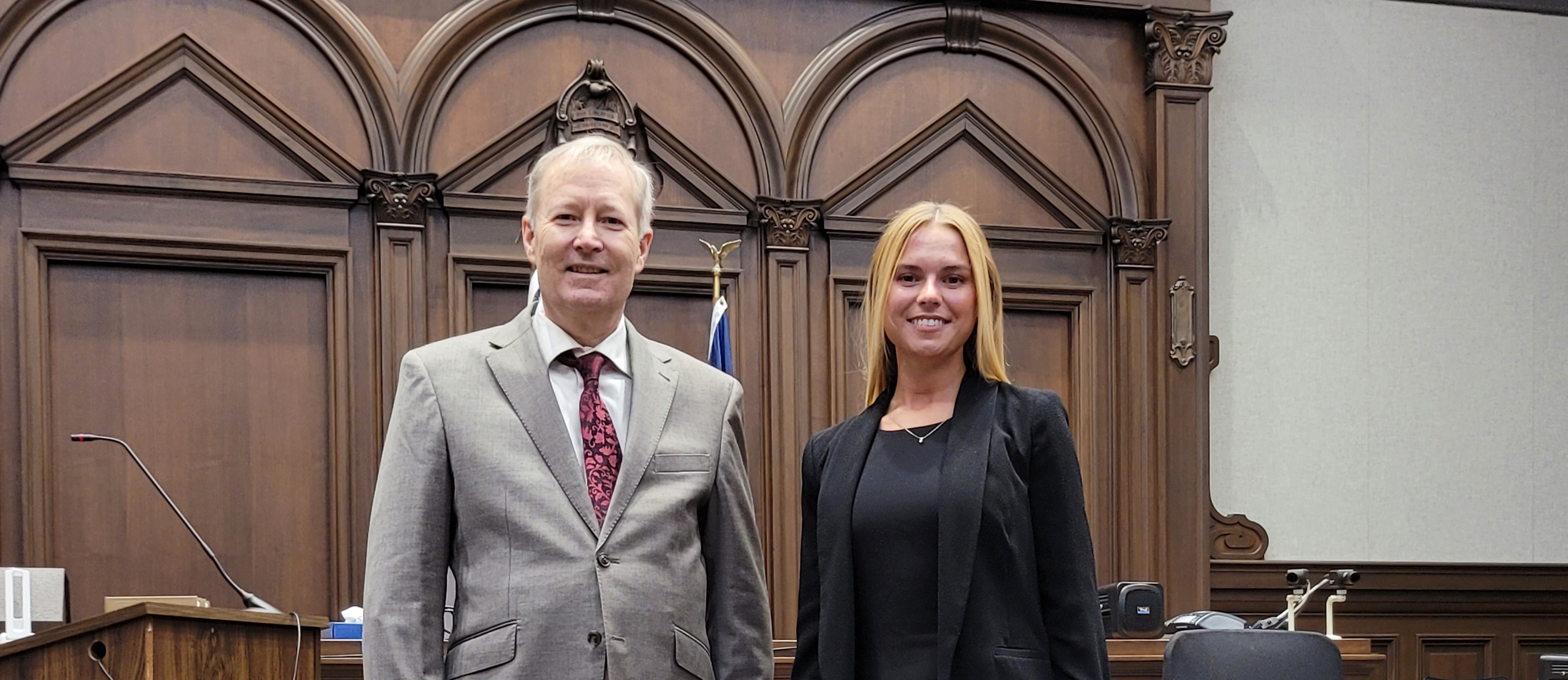Conflict Mitigators. Place Your Trust in Us

Requesting Grandparent Visitation in Iowa
It can be heartbreaking for a grandparent who is denied access to their grandchildren by their child or their child’s spouse. While grandparents do have legal rights to visitation in Iowa, there are hurdles in the way. Learn what the state mandates regarding grandparent visitation.
Iowa Laws Regarding Grandparents’ Visitation Rights
In Iowa, grandparents can only petition for visitation if the grandchild’s parent, who was their child, is deceased. Even then, grandparents must show that visitation is in the child’s best interests and prove they have a relationship with the grandchild. If the child’s remaining parent does not feel the grandparents should visit, the burden of proof is on the grandparents to convince the court that the parent is unfit or their judgment is too impaired to make decisions in the child’s best interest in this matter. The grandparents may be held legally liable for court costs if the judge rules against them.
It is not easy to obtain grandparent visitation. Iowa’s laws are very strict, and they favor the living parent. However, you can successfully obtain visitation if you are able to prove the parent is unfit and that it is in the child’s best interests to enjoy visits with their grandparents.
How a Judge Decides Whether to Grant Grandparents Visitation Rights
Once you sue to obtain visitation rights, you will need to present a clear and compelling case for your rights in court. To prove the relationship counts as substantial, it helps if you can show that you have supported the grandchild financially for six or more months, been the primary caretaker for the child for at least six months, or that the grandchild has had frequent contact (including overnight stays) for at least a year.
The court may ask the child for their preferences in this matter. The court may also consider how far away you live from the remaining parent, your health and safety, your background including any criminal charges, the child’s health and safety, and related concerns.
The court presumes that the parent’s decision was valid. Thus, the grandparent who wants visitation rights must prove that the parent is unfit or too impaired to make this decision. For instance, a parent who neglected or abused the child could be found unfit, as could a parent who suffered a mental illness.
Given that the burden of proof is on you as the grandparent to convince the court that visitations are in the child’s best interests, it’s important to have an attorney on your side. A family law attorney can speak with you about your relationship with your grandchild, discuss your concerns about their remaining parents, and put together a strong case to convince the court that you deserve to visit with the child.
Learn more about the types of Family Law Daniel Willems practices.
Note: This site provides information about the law stated in general terms. Do not regard the content of this site as legal advice.

